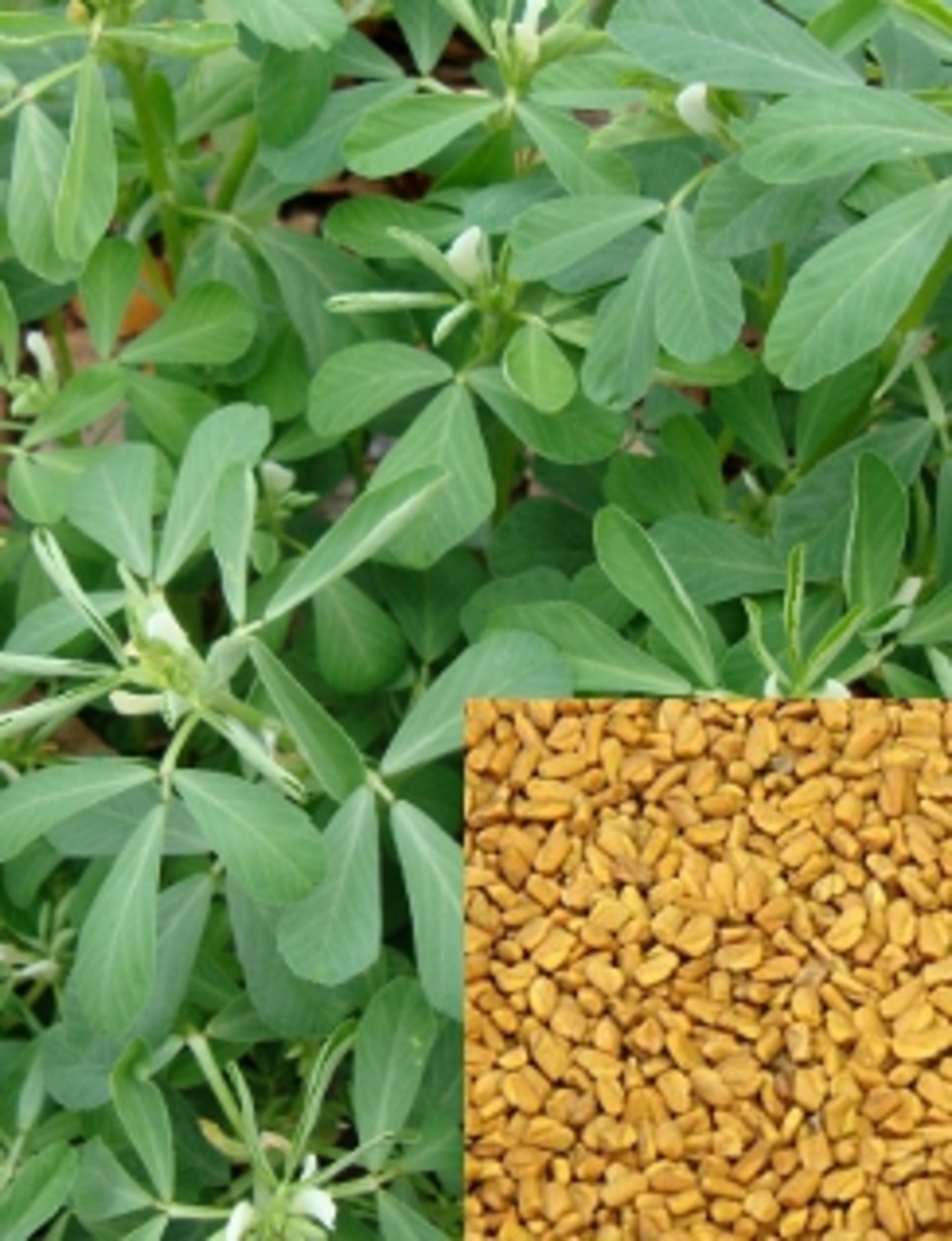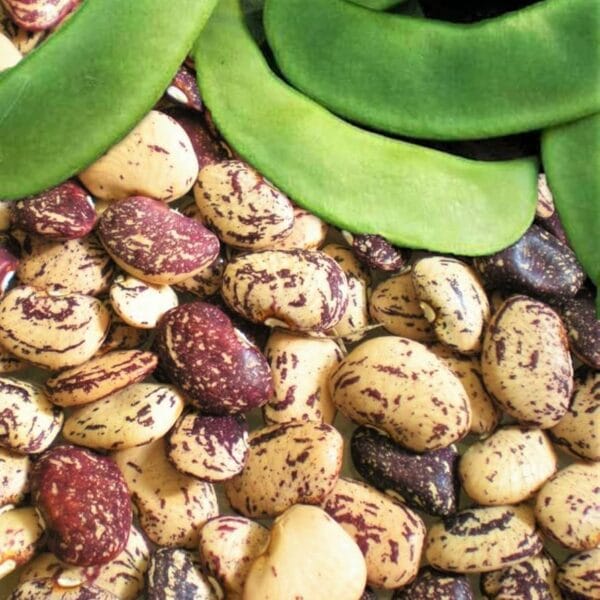Kasuri Methi Herb seeds for gardening
Kasuri Methi Herb seeds for gardening
Quantity: 25 grams
Summary of Growing Kasuri Methi from Seeds:
- Location: Full sun, well-drained, slightly alkaline soil.
- Planting: Sow seeds 1/4 to 1/2 inch deep, space about 6 inches apart.
- Watering: Keep soil moderately moist, avoid waterlogging.
- Fertilization: Use organic compost or fish emulsion every few weeks. Avoid excessive nitrogen.
- Pest Control: Use neem oil or insecticidal soap for pests; ensure good airflow to prevent fungal diseases.
- Harvesting: Harvest leaves when 4-6 inches tall; dry leaves for Kasuri methi.
- Seed Saving: Let pods mature, dry, and collect seeds for next season.
By following these steps, you can grow organic Kasuri methi in your garden and enjoy its distinct, aromatic flavor in your Indian dishes!
Kasuri Methi Herb seeds for gardening
Kasuri Methi (also known as Kasuri Fenugreek or dried fenugreek leaves) is a variety of fenugreek (Trigonella foenum-graecum) that is primarily used in Indian cooking to flavor curries, sauces, and breads. Growing Kasuri methifrom seeds is relatively simple, and the plant is quite hardy. It prefers warm weather and well-drained soil, making it easy to cultivate organically in a garden or container. Here’s a step-by-step guide to growing Kasuri methi from seeds:
1. Choose the Right Location
- Sunlight: Kasuri methi requires full sun to thrive, so choose a location that gets at least 6 hours of direct sunlightdaily.
- Soil: Fenugreek grows best in well-drained, loamy soil with a slightly alkaline pH (about 6.5 to 7.5). The soil should be fertile but not overly rich in nitrogen.
- Space: Fenugreek is a small, bushy plant, and it does not need a lot of space. Ensure enough room for the plant to spread; typically, space seeds about 6 inches apart.
2. Soil Preparation
- Soil Enrichment: If the soil is heavy or clayey, amend it with compost or organic matter to improve its texture and drainage. Fenugreek prefers slightly drier soil, so avoid waterlogging.
- Tillage: Loosen the soil to a depth of about 2-3 inches. It doesn’t require deep tilling but needs good root penetration.
3. Planting Fenugreek (Kasuri Methi) Seeds
- When to Plant: Kasuri Methi Herb seeds for gardening is a warm-season herb, so it should be planted after the last frost when the soil temperature is between 65-75°F (18-24°C). In hot climates, it can also be grown in early fall or late winter.
- Sowing Kasuri Methi Herb seeds for gardening:
- Direct sowing is the most common method. Sprinkle the Kasuri Methi Herb seeds for gardening 1/4 to 1/2 inch deep in rows.
- Space the rows about 12 inches apart to allow for growth.
- Kasuri Methi Herb seeds for gardening are small, so you can either plant them in rows or scatter them more densely for microgreens.
- Thinning: Once seedlings have germinated, thin them to 6 inches apart to ensure good airflow and proper growth.
4. Watering and Moisture
- Watering: Water the plants consistently, but avoid over-watering, as fenugreek does not like soggy roots. Keep the soil moderately moist, but allow it to dry out between waterings. Drip irrigation or watering at the base of the plant is best to avoid wetting the leaves.
- Mulching: Applying a light layer of organic mulch like straw or grass clippings around the plants helps retain moisture, suppress weeds, and keep the roots cool.
5. Fertilization
- Organic Fertilizers: Fenugreek does not require heavy fertilization. It benefits from a light application of compostor well-rotted manure during planting. You can apply a balanced organic fertilizer like fish emulsion or seaweed extract every 3-4 weeks if needed, especially if your soil is not naturally rich in nutrients.
- Avoid Excess Nitrogen: Excessive nitrogen can result in lush leaf growth but fewer seeds. Kasuri methi is grown for its leaves, so keep the fertilizer balanced.
6. Pest and Disease Management
- Pests: Fenugreek is generally pest-resistant but can sometimes attract aphids and whiteflies. Use neem oil or insecticidal soap to manage these pests.
- Diseases: Fenugreek is susceptible to powdery mildew in humid conditions. To prevent this, ensure adequate air circulation around the plants and avoid overhead watering. If mildew appears, treat with an organic fungicide like baking soda spray or neem oil.
- Weed Control: Keep the area around the plant free of weeds, as they can compete for nutrients and space. Kasuri Methi Herb seeds for gardening
7. Pruning and Maintenance
- Thinning: Thin the seedlings to about 6 inches apart after they have a few sets of leaves. This allows for better air circulation and ensures that plants aren’t competing for space.
- Pruning: Trim off any yellowing or dead leaves. If you want to encourage fresh growth, pinch off the growing tips to promote branching.
8. Harvesting Kasuri Methi
- When to Harvest Leaves: Kasuri methi leaves are typically harvested when the plant is about 4-6 inches tall and the leaves are young and tender. Snip off the outer leaves first, leaving the inner ones to continue growing.
- Harvesting Seeds: If you want to grow seeds for the next season or for other uses, allow the plant to mature fully. Once the plant has finished flowering, let the leaves and stems dry out, and the seeds will begin to form in small pods. Harvest the pods when they are dry and brown.
- Drying: For Kasuri methi, the leaves are dried to concentrate their flavor. After harvesting the leaves, you can dry them by spreading them out in a cool, dry place or using a dehydrator. Once dry, crush the leaves into small pieces for storage.
9. Companion Planting
- Good Companions: Kasuri methi grows well with other herbs like coriander (cilantro), basil, and parsley. It can also be planted with tomatoes, peppers, and carrots.
- Avoid Planting with: Fenugreek can inhibit the growth of cabbage-family plants (like broccoli, cauliflower, or cabbage) due to its allelopathic properties. It’s best to avoid planting them together.
10. Saving Kasuri Methi Herb seeds for gardening
- Seed Saving: If you want to save seeds for next season, allow the pods to mature fully on the plant. When they dry and turn brown, collect the seeds from the pods and store them in a cool, dry place. Fenugreek seeds can be stored for up to a year if kept in an airtight container away from light and heat. Kasuri Methi Herb seeds for gardening
| Weight | 70 g |
|---|---|
| Dimensions | 11 × 8.5 × 11 cm |







Reviews
There are no reviews yet.